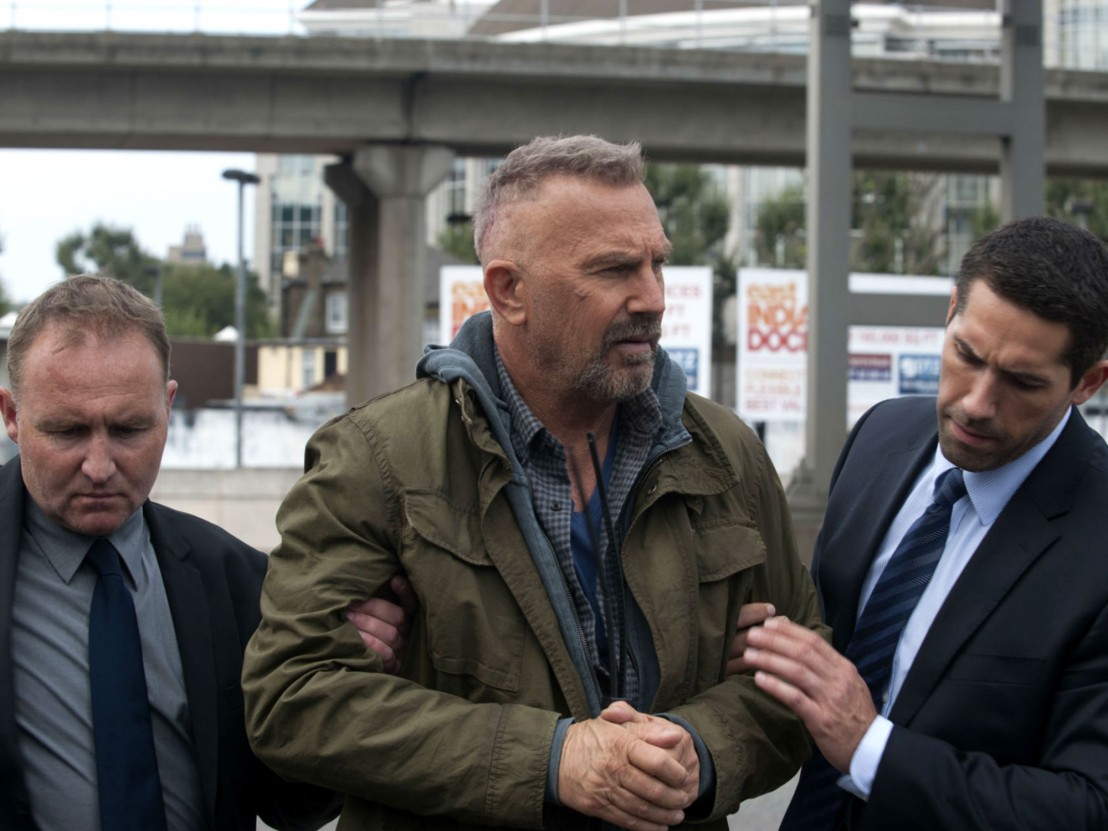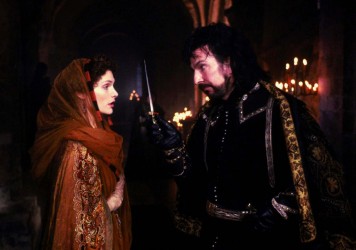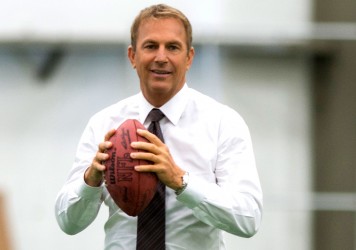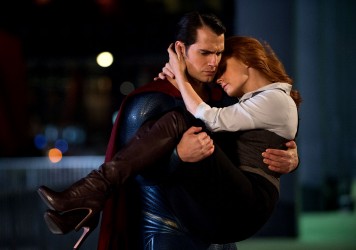
Ariel Vromen’s Criminal, an action thriller starring Kevin Costner and Ryan Reynolds, hits cinemas this week, and so far the critical reaction has not been kind. If audiences follows suit, it will be Costner’s third unsuccessful attempt to reboot himself as an ageing action star, following the lacklustre Jack Ryan: Shadow Recruit and Three Days to Kill.
It wasn’t always this way. Throughout the early ’90s Costner was at the top of the tree – mixing awards favourites like JFK and Dances with Wolves with commercial hits like Robin Hood: Prince of Thieves and The Bodyguard. However, whereas other A-list stars of the time progressed or evolved – Tom Cruise became a skyscraper climbing action man; Tom Hanks went from rom-com mainstay to Mr Oscar – Costner faded away. So what happened?
There was, of course, the double dip disaster of Waterworld and The Postman, ambitious affairs that made headlines for all the wrong reasons. Neither were total bombs – Waterworld eventually broke even while many stars have recovered from greater losses than The Postman endured. And yet that 1997 release was Costner’s last foray into blockbuster territory until his brief stint as Pa Kent.
Could Costner’s decline in popularity be down to a cultural shift? At his peak in the early ’90s, the actor reflected an image of Middle America that many of its citizens aspired to – he was modest, stoic, often found looking out over a field in a flannel shirt reminiscing about baseball. It satisfied a certain audience’s outlook at the time, but inevitably that outlook changed.
Over time, western culture became more cynical and self-referential, with ‘edgy’ the new buzzword foreshadowing box office success. Put simply, cinema moved on. As the independent cinema boom bedded in, a new generation of maverick directors took film in a post-modern direction. Meanwhile Costner was stuck playing the same roles, making westerns, romantic dramas and sentimental love letters to sport. As he tried experimenting with different roles in the 2000s (a bank robber in 3000 Miles to Graceland, a serial killer in Mr Brooks), the landscape had once again shifted towards superheroes and fantasy juggernauts.
This isn’t an epitaph, though. Modest successes such as McFarland, USA and Draft Day proved that putting Costner’s name on a poster can still sell tickets, just in smaller numbers than before. He’s still getting regular work, and he also happens to work in a business that loves a good comeback story (cf Matthew McConaughey, Ben Affleck). It might seem unlikely, but there’s absolutely no reason why Costner couldn’t mount a Michael Keaton style return to the big leagues.
Criminal doesn’t look poised to be the hit Costner has been looking for, but he remains a hugely talented actor with plenty left to give. Here’s hoping he follows the example of one of his most famous characters by taking a leap of faith.
Published 15 Apr 2016

The late British actor was a star of both stage and screen, but what was it that made him such a compelling movie villain?

Air-punch inducing drama with Kevin Costner about the surprisingly fascinating sport of American Football player trading.

Where do trailers end and movies begin? Zack Snyder has the answer with his fever-pitched latest.